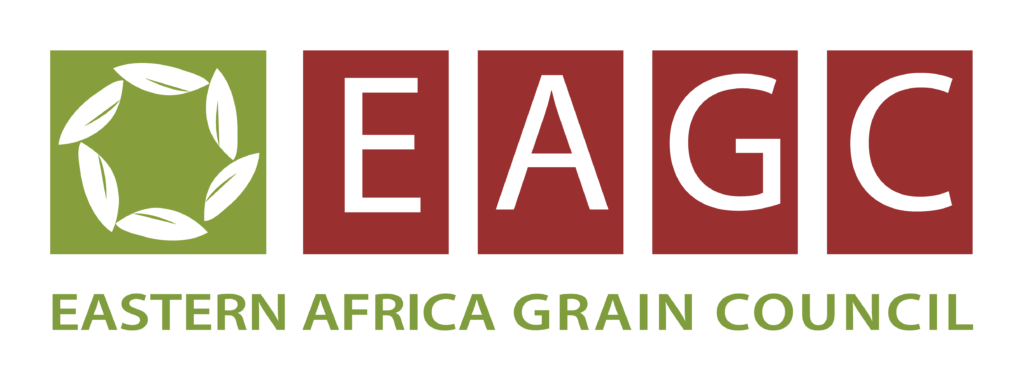EAGC participated in the Mombasa Port and Northern Corridor Community Charter Monitoring and Evaluation Sub-Committee Retreat Program, held in Machakos on the 16th and 17th of March. The objective of the retreat was to measure progress in implementation of the Charter through an M&E process
EAGC is a signatory to the Mombasa Port and Northern Corridor Community Charter which was launched in 2014. The Charter brings together various state and non-state actors with a stake in operations of the Port of Mombasa and Northern Corridor trade routes. Each actor is tasked with specific commitments in the Charter, with EAGC’s commitments being primarily to facilitate export trade through the Port of Mombasa and Northern Corridor. Specific EAGC commitments in the charter are: Promote 24/7 operations; Increase efficiency in shippers’ operations; Promote greater compliance of shippers in maritime standards; Promote grain exports; and Promote greater compliance of shippers in customs and other government organizations’ regulations.
EAGC in meeting its end of the bargain of its commitments has ssupported members to expand investments to enable 24/7 operations, point in case where Grain Bulk Handlers Limited (GBHL), an EAGC Member invested in the Embakasi grain facility operating 24/7, receiving grain cargo from Port of Mombasa from their Bulk Grain Handling station at the port.
The Council has also advocated for opening up of new export markets for grain and re-opening of others where the Council successfully advocated for the removal of the Pakistan import restrictions for Green Grams export, and currently advocating for the opening up of China Market for Kenya’s pulses. In addition, the Council is building the capacity of actors in international trade processes and procedures. EAGC is also exploring feasibility of reverse cargo using existing grain handling facilities and standard gauge railway for pulses exports to increase efficiency in shippers’ operations.
The Council is also ccurrently pursuing collaboration with the Kenya Ports Authority for research and analytics for grain trade. Besides that, the Council is ssupporting members with shipping operations to ensure greater compliance in customs and other Government regulations, including implementation of the harmonised grain standards. On a policy front, EAGC is advocating for the removal of import duty for inputs of animal feed -yellow maize, soybeans- and advocating for capital allowance on large scale investments for grain handling to incentivise members to invest.
The Council encourages stakeholders to identify pain-points at Port and N/Corridor through Member and stakeholder engagements for further advocacy to continuously improve the business environment.

